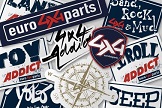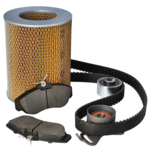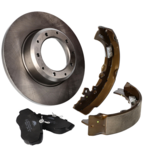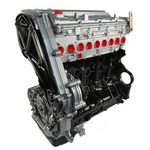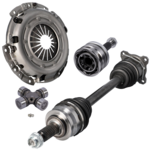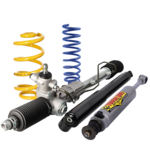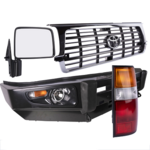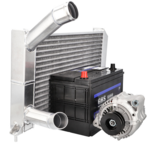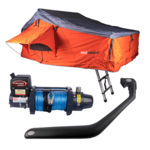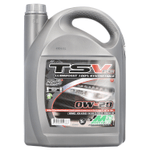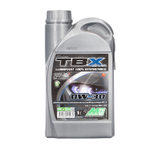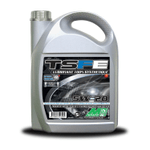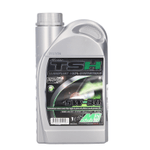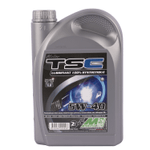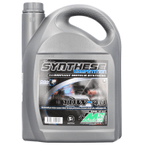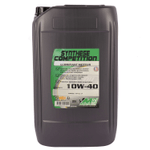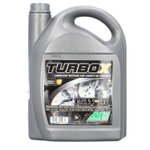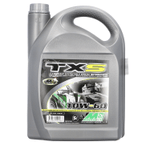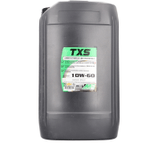What does engine oil do?
Internal combustion engines are basically an assembly of mechanical and metal elements connected to each other. To ensure they function correctly, they need to be lubricated. Engine oil lubricates but that’s not the only thing that it does!
Protection: Engine oil doesn't just lubricate the parts under the hood. It also offers protection against corrosion. Fluid leakages from the engine can mix with oxygen, this mixture when it comes into contact with metal oxidises and damages the metal parts in your engine. Engine oil helps prevent this oxidation.
Cleaning: Keeping your engine components clean is important, removing an engine to give it a good clean is not really a practical option so there is another solution. Engine oil helps capture sludge deposits and the fine and metallic particles present in the engine. This helps to maintain and improve the engine's performance.
Cooling: Engine oil also serves to cool certain parts of the engine and in particular the parts that coolant can’t reach, such as the crankshaft, camshaft, pistons, etc.

Which oil for my engine?
As you know you can’t put just any oil in your engine. Choosing the right oil to lubricate your engine is important for its proper functioning and durability. This choice is therefore far from trivial but it can be complex with the number of different brands, standards, confusing labels, and grades.
Here’s some key information about engine oil to help you see clearer.
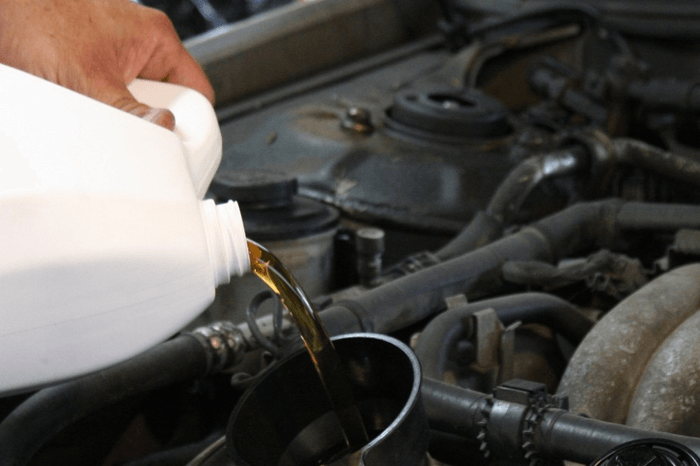
Mineral and synthetic oil?
Mineral oil:
Mineral oil is made from crude oil. It’s refined and the impurities are removed before it can be used for engine oil.
Advantages:
. helps optimize the lifespan of the vehicle.
. cheaper than synthetic oil.
Disadvantages:
. has to be changed more frequently than synthetic oil.
. flows slower than synthetic oil.
. fuel consumption is higher than with synthetic oil.
. doesn’t withstand extreme temperatures as well as synthetic oil.
It’s mostly used in older vehicles’ engines.
Note: It is possible to mix a mineral oil and a synthetic oil because they are miscible. However, if you want to keep your engine running smoothly, it’s not recommended.
Synthetic oil:
Synthetic oil undergoes a thorough transformation process and is enriched with various additives (anti-wear, antioxidants, detergents, dispersants, anti-corrosion, anti-foam, etc.) to improve engine performance.
There are two types of synthetic motor oil:
• semi-synthetic oil, which is composed of a mixture of mineral base oil and synthetic base oil.
• synthetic oil that does not contain mineral oil.
Advantages:
. protects engines better against wear.
. improves vehicle performance, particularly in terms of power.
. has lower deposit formation, thanks to a "cleaner" composition.
. doesn’t need to be changed as often as mineral oil.
. works well in extreme temperatures, hot or cold.
Disadvantages:
. more expensive than mineral oil.
. drains faster than mineral oil. So it’s not necessarily recommended for engines being run in (it prevents normal wear of new parts) or for older vehicles.
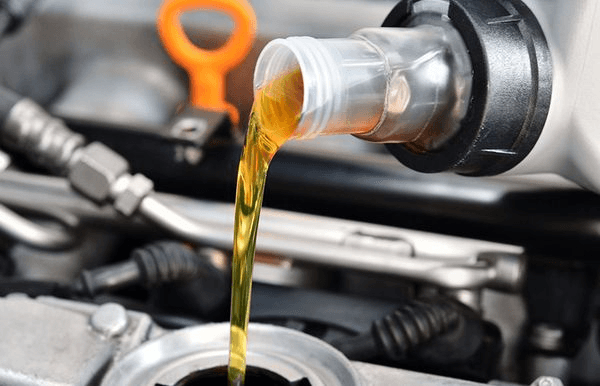
Viscosity
Viscosity is a measure of resistance to the flow of a fluid. There are 2 engine oil viscosity grades, one cold and one hot.
The cold grade is the number in front of the W.
It gives the dynamic viscosity when cold: the ability to start the engine and prime the oil pump: 0W: Approx. -30 ° C 5W: approx. -25 ° C 10W: approx. -20 ° C 15W: approx. -15 ° C
The hot grade is the number after the W.
It gives the kinematic viscosity when hot: 20, 30, 40, 50, 60. The higher the number, the thicker the film of oil is when hot, which improves engine protection and waterproofing. The lower the number, the better the hot friction reduction will be. Which improves fuel consumption and reduces CO2 emissions.
In order to ensure immediate protection each time the engine starts, the choice of cold viscosity grade is essential. The more fluid oil is the faster it circulates
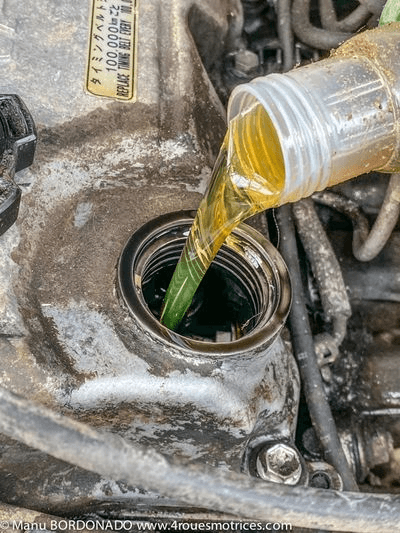
Standards
Engine oil standards are constantly evolving. There are three main ones:
• The SAE (Society of Automotive Engineers) standard for engine oil viscosity.
• The ACEA (Association of European Automobile Manufacturers) standard relating to quality. The higher the index, the better the quality.
• The API (American Petroleum Institute) standard indicated by the letters S (Spark Ignition = Petrol) or C (Compression Ignition = Diesel). Followed by a second letter, the higher the letter is the more recent the motor oil technology is.
Find the engine oil you need:
Please note: Euro4x4Parts publishes this information to help its customers but cannot be held responsible for the advice given here and practical consequences that ensue.
Do it yourself, you'll be even prouder! To help you out, Euro4x4parts shares its know-how and expertise in mechanics through 4X4XPERT: new products, technical sheets, and personalized tutorials... You've got the keys!
And because we also learn from your experiences, your feedback is essential. Let us know your thoughts and suggestions by email: 4x4xpert@euro4x4parts.com
Check out our complete catalogue of 4x4 parts and accessories!
All the photos in our articles are taken on authorized roads or tracks, private land, or during supervised competitions. Let's all do our part to preserve the environment!
Please note: Euro4x4parts publishes this information to help its customers, but cannot be held responsible for the advice given here and their consequences when used.




